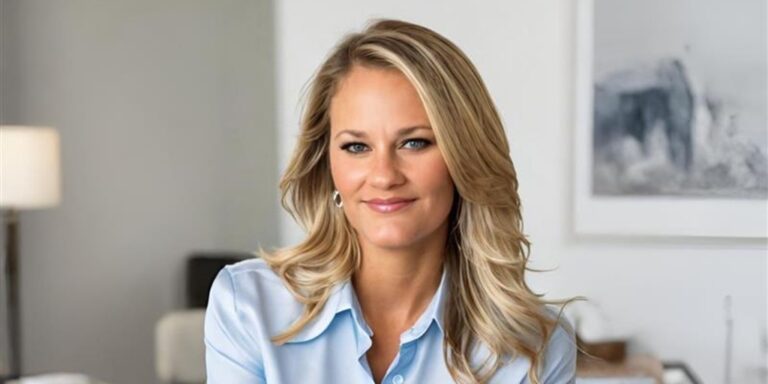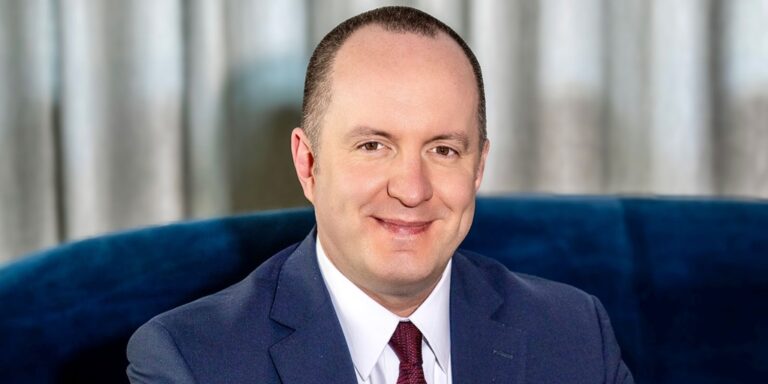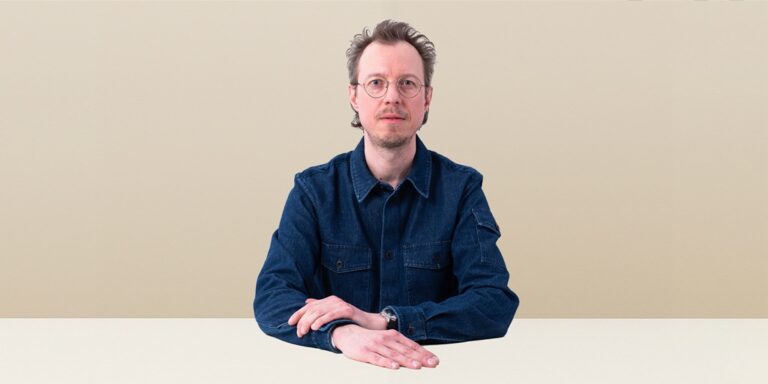Markus Engel, CEO, Urban Resort Concepts was a delegate at TOPHOTELWORLDTOUR Shanghai 2019. Photo by Rahul Venkit.
Chinese urban spaces are saturated, so hotels can only charge premiums by offering a thoughtful guest-centric experience, says M. Engel, CEO, Urban Resort Concepts.
Markus Engel runs some of the world’s finest hotel properties, with an aim to pay homage to each location’s heritage in every aspect of its product, which he calls “hostmanship”.
No wonder then, that Markus even speaks in a considered, articulate manner, drawing on his luxury hospitality career spanning over 25 years as he does.
Following his German hospitality management degree, his formative professional years were spent in senior management positions at iconic luxury hotel properties across Europe, Asia, the United States and Africa, including The Dorchester, London; The Datai, Langkawi; Peninsula Group properties in Beijing and Chicago as well as General Manager and later Vice President roles at Oberoi Hotels and Resorts.
Eventually, he not only grew tired of making money for other people, but also strongly felt that hotel brands, even at the very highest tier, were not offering an experience that gave consumers intimate access to a destination. Urban Resort Concepts (URC) was thus founded in 2004, launching its first flagship property in 2009 with the award-winning The PuLi Hotel and Spa, Shanghai. The collection of URC luxury urban resorts includes The PuShang Hotel and Spa, Xiamen, The RuMa Hotel and Residences, Kuala Lumpur and The PuXuan Hotel and Spa, Beijing.
On the sidelines of TOPHOTELWORLDTOUR Shanghai 2019, Markus spoke exclusively to TOPHOTELNEWS about the next steps for his very proudly Chinese luxury hotel company, and why he believes urban resort hotels are the way forward in China.
On luxury resort hotels being the way forward in China
Markus: This may not be true everywhere, but most certainly in China we’ve seen a complete over-saturation of particularly the luxury segment in all urban environments. Shanghai, I would easily put amongst one of the, if not the most, competitive cities in the world when it comes to luxury hotels. Everyone is here with at least one hotel, mostly two. You have two Four Seasons, Mandarin, four Hyatts, two Ritz-Carltons, Bvlgari, Capella, Fairmont, Waldorf.
Everybody’s here with at least one property. The same is true for many other urban areas in China. At the same time, there is a distinct undersupply of luxury resorts in some of the key gateway and destinations that are very well worthwhile visiting in China.
I always draw the analogy to India. I used to work for Oberoi and I think they are the perfect example of creating a luxury hotel opposite the Taj Mahal, opposite the Pink Palace, in Lord Kitchener’s summer residence in a tiger reserve and so forth. As a consequence, they are able to charge premiums and really be the only contender in that space.
I think the hotel development community here is slowly beginning to wake up to that opportunity, seeing how densely populated the urban environments are and how that forces pressure onto the rates. Even if I was to argue that my hotel is twice as good as anyone else’s, I’m not able to charge the equivalent premium, but I can if I’m the only one overlooking the Great Wall — for example.
Which cities do you feel bear opportunity for hotel development?
Markus: For China, there is certainly Hangzhou, Shenzhen and Chengdu — three cities in which we’re already working on hotels under development. But that, potentially barring one or two other cities, really concludes our urban expansion strategy in China. Given the success of our hotel in Kuala Lumpur, we are now making inroads in Southeast Asia, so quite a lot of work is happening in Thailand, Indonesia, also Indochina. There are various leads we’re pursuing in Vietnam and Cambodia, even Laos and the Middle East. We are building a hotel in Dubai, which is hopefully not only opening up new opportunities in the region but also allows us to make the ultimate step into Europe.
I think we’ll always be an Asian luxury hotel company, and actually specifically a Chinese one. Our focus and our heritage will always be Asian-based. But do I think there is a space for us in European capitals with the way we approach the development of a luxury hotel product. Absolutely. I would love to have a hotel in London or Paris or in Berlin or Rome or the like. So I wouldn’t call Europe the endgame, but certainly an area we would love to be present in because right now admittedly our focus is still very much Asia-Pacific.
I think China outbound travel is a huge not only opportunity, it’s a reality. And I think that brands like ours who are very firmly based in the Chinese culture and awareness would likely do very well amongst that audience of Chinese outbound travel into Middle East, into Europe.
Guest experience, not design alone, is what people are paying top dollar for
Markus: As an industry we’ve been very aware of how we can develop and design systems and processes that serve our purpose as operators or hotel brands to make the operation leaner, more efficient, more profitable. With this hostmanship initiative, which we live and breathe every day, it’s an exclusively guest-centric view of the product we offer. How can we make the experience simpler, easier, more plug and play, more human, more generous, more intuitive, less petty charges?
If you look at how people’s lives have changed, how the way they work has changed and how little our industry has adapted to this changed consumer behavior, we really have a lot of catching up to do. We’ve made up for it by creating these beautiful, fabulous hotels. I’m the first one to admit that we’re a design-led company, but at the core all it is it’s the stage set. So, the director and the play, the quality of the play and the acting, is still the reason you come back to the theater. It’s not because the stage set was superior to the one at the theater next door. I see exactly the same thing happening in hotels and I can see how our customers are responding to us being more human and really making them feel that they come first. Our hotels are designed to accommodate them, not the other way around. And the approach is working… it’s working.
Markus Engel was a delegate at TOPHOTELWORLDTOUR Shanghai 2019.
To attend, address or sponsor TOPHOTELWORLDTOUR events where you can connect with key professionals from the global hotel industry, please get in touch with TOPHOTELPROJECTS’ Head of Global Events & Conferences Kayley van der Velde.
The TOPHOTELWORLDTOUR is a series of one-day conferences around the world for hospitality leaders.






